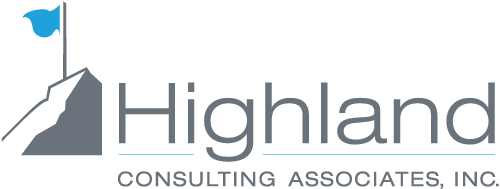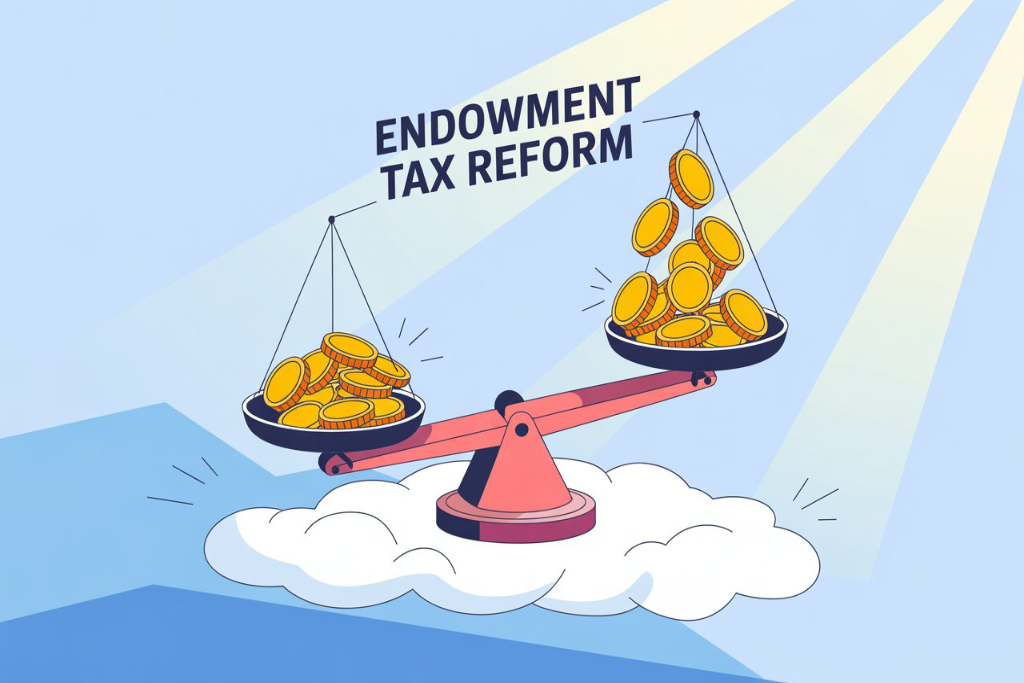Happy 5/29 Day!

photo credit: Unsplash
Happy 5/29 Day! Today we celebrate the 529 Plan, a college savings vehicle with tax-free withdrawals.
What Is a 529 Plan? What Are the Benefits?
This beneficial tax treatment comes with a few strings attached:
- While not federally tax deductible, contributions in certain states are state income tax deductible
- The money must be spent on educational expenses such as tuition, room and board, books, computers, etc.
- While the total maximum contribution may be $500,000+, depending on the state, contributions above $18,000 in a year will count towards your lifetime estate and gift exemption.
A 529 plan typically offers several investment options for savers. Target enrollment / age-based portfolios provide a one-stop shop investment option that resembles target date funds found in 401(k) plans. They are diversified portfolios that reduce risk as savers get closer to their first year of enrollment, designed to decrease the probability of experiencing a large loss in account value when the money is needed the most. Risk-based portfolios and individual investment manager options are usually available as well.
Has there been a change of plans and your child is no longer going to college? There are more than a few options. The listed beneficiary can be changed to almost anyone you consider family, including siblings, parents, aunts/uncles, cousins, descendants, nieces/nephews, and spouses (of anyone listed). Check IRS definitions for more eligible transfers.
Don’t feel like gifting your hard-earned contributions to a family member? Thanks to a provision in the SECURE 2.0 Act, you can roll up to $35,000 of a 529 balance into the beneficiary’s Roth IRA without penalty as long as the 529 has belonged to the beneficiary for at least 15 years. While subject to the standard yearly contribution limits, a total of $35,000 is a tremendous start to a retirement account for someone in their first year on the job.
FAFSA Simplification and the Grandparent "Loophole"
A recent development for this coming school year, as part of the FAFSA Simplification Act, is the so-called “grandparent loophole”, by which grandparent 529 accounts for grandchildren are not considered as the grandchild files for student aid. In previous years, these assets significantly penalized the amount of aid received in the year following a distribution from a grandparent 529 to a grandchild. Starting with the 2024/2025 FAFSA applications, grandparents are able to use a 529 plan to fund a grandchild’s education without having any impact on the student’s financial aid eligibility.
The bottom line is that a little can go a long way; that’s why these accounts are encouraged with tax benefits. Putting just $10 a month into a 529 and letting it grow tax-free at 6% for 18 years would allow the beneficiary to withdraw $3,874 as they head off to college. This may seem like a small amount relative to today’s higher education costs, but let’s look at its big impacts.
Simply by utilizing a 529 instead of a taxable brokerage account, and assuming a blended marginal tax rate of 25%, beneficiaries save $969 in taxes. If the beneficiary had to take this $3,874 out as an undergraduate student loan (subsidized), which has an interest rate of 5.5% for the coming academic year and paid it back over the 10 years following graduation, they would pay approximately $1,203 in interest. While $2,500 of student loan interest is deductible every year, you can imagine how that benefit quickly loses its effect at higher loan balances.
Highland Consulting Associates, Inc. was founded in 1993 with the conviction that companies and individuals could be better served with integrity, impartiality, and stewardship. Today, Highland is 100% owned by a team of owner-associates galvanized around this promise: As your Investor Advocates®, we are Client First. Every Opportunity. Every Interaction.
Highland Consulting Associates, Inc. is a registered investment adviser. Information presented is for educational purposes only and is not intended to make an offer of solicitation for the sale or purchase of specific securities, investments, or investment strategies. Investments involve risk and unless otherwise stated, are not guaranteed. Be sure to first consult with a qualified financial adviser and/or tax professional before implementing any strategy discussed herein. Past performance is not indicative of future performance.



